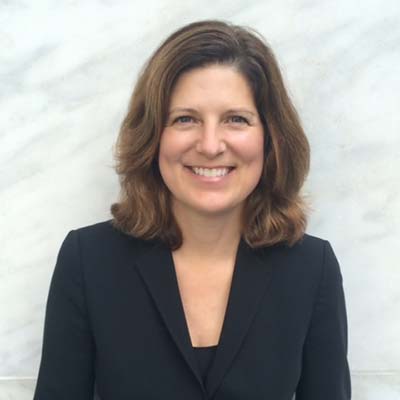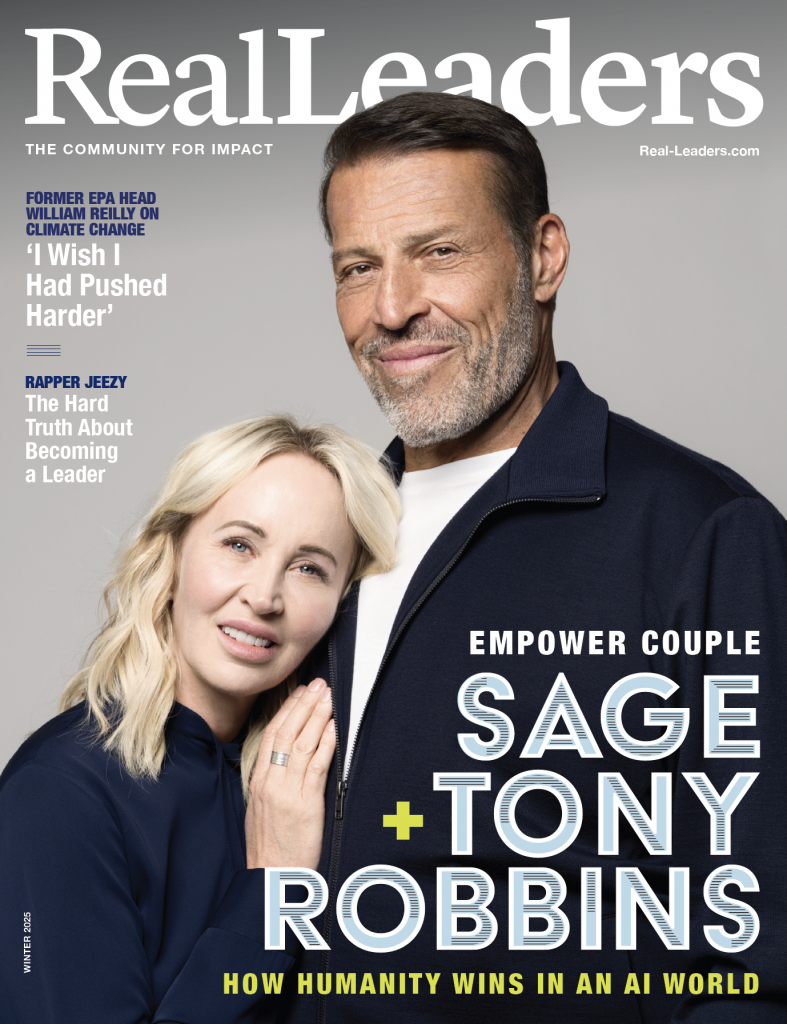As coronavirus reignites in states across the country, a volunteer business organization is quietly helping companies take bold action to bring the spread of coronavirus under control — marshaling private and public sector resources to solve the immediate and evolving needs of this urgent public health crisis.
Stop the Spread was started by Kenneth Chenault, the former chief executive of American Express, and Rachel Romer Carlson, the CEO of Guild Education, in early March. The organization now includes more than 1,300 volunteer CEOs and business executives in its ranks.
Through unique partnerships with member companies, Stop the Spread has facilitated the production of more than 40,000 ventilators and manufacture more than 20 million units of personal protective equipment, including N95 face masks, face shields, and more.
“Our goal is to connect businesses and organizations that are best-positioned to address critical needs during this public health crisis, often in innovative or unexpected ways,” says Christian Peele, director of Stop the Spread operations. “Some of the most creative and effective responses to COVID are coming from business leaders across the country who have ideas and assets they can deploy to the fight.”
So how does an organization leverage the collective resources of some of America’s leading companies and executives? Peele and her “amazing team” of experts, analysts, students, and volunteers say these three leadership principles have helped guide their unique and powerful response to the pandemic:
Create a Call to Action
The Stop the Spread movement began with a call for change in a New York Times op-ed, written by Chenault and Carlson. It closed with this entreaty: “Wherever we can, however we can, we must meet this unprecedented challenge… What is called for is nothing less than the full strength of our capital, our ideas, and our leadership.”
The response from business leaders was immediate and galvanizing: Within days more than 400 executives and leaders — from Golden State Warriors star Stephen Curry to CEOs of Zoom and PagerDuty — had signed on, with a thousand more joining the movement within weeks. “It was so inspiring to see these leaders step up in this moment and have the courage to think creatively about the problem and solutions,” said Peele. As the country experiences the summer spike in COVID cases, “the current moment requires that same kind of bold
imagination.”
Build Partnerships
Stop the Spread’s core work brings companies together to address critical resource needs. Early on, Stop the Spread linked ventilator maker Ventec Life Systems with General Motors — a partnership that produced 10,000 units a month when ventilators were in critical demand. Today, the organization is collaborating with firms and research institutions to scale production of coronavirus testing, treatment and tracing efforts. And Stop the Spread is pivoting to focus on racial and economic disparities exacerbated by the pandemic, through areas such as food security and the equitable distribution of testing and Personal Protective Equipment.
One of Stop the Spread’s latest partnerships occurred in June when it joined forces with ImpactAssets to find, foster and fund the most innovative and impactful ideas that were surfacing in response to the pandemic. ImpactAssets investors have already put more than $170 million into COVID-related investments. Now a rich pipeline of 400 Stop the Spread investment opportunities holds promise not only as impact investments but also as funding for supporting and championing critical response efforts around the U.S.
Never Underestimate Your Resources
From the beginning, Stop the Spread has embraced a principle that says, “we have more available to us than we think and if we just take a second and survey what we have we can change the world with it.” Peele says, “Our combined capital, our combined network, our combined brainpower, it is enough to do this work.”
That ethos has been expressed countless times by Stop the Spread’s volunteer executives. One example: Rick Schostek, Executive Vice President at Honda North America, Inc., surveyed the idle resources his firm had due to the pandemic and forged a partnership with Dynaflo, Reading, Pa. to manufacture at scale a sophisticated compressor that is an essential component in critical care medical ventilators. That partnership ensured that ventilators got off the assembly line and into hospitals on time. Said Schostek: “I’m humbled to be part of a manufacturing enterprise that is working to find ways to join this fight, with each of our business lines —automobiles, power equipment, power sports and aircraft — offering unique solutions and support.”
As the pandemic evolves, Stop the Spread and ImpactAssets will leverage these principles to address significant gaps in the COVID response — with a focus on communities of color that have been disproportionately impacted by COVID-19. Says Peele: “We are committed to helping catalyze private sector response and building innovative solutions that go beyond the immediate crisis to address issues of social equity and support the communities and individuals hit hardest by the crisis at hand.”
Please join Stop the Spread. This fight is far from over, and private sector leadership is essential to solving this crisis. Please ask leaders in your organization to complete this form to let us know how you’ll support this urgent and unprecedented moment in American history.







